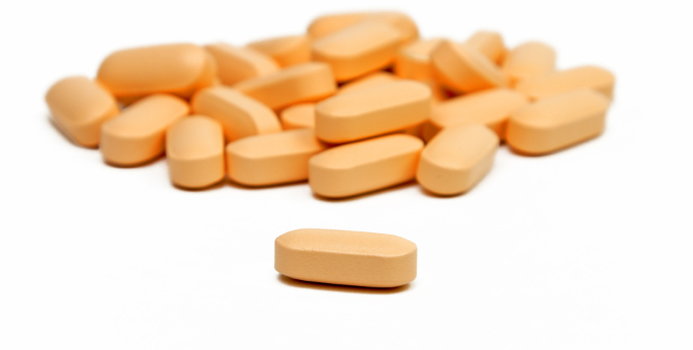Vitamin B1, or thiamine, is an essential ingredient for a daily diet. Vitamin B1 helps the body break down fuel sources, giving us the energy we need to get through the day. It also helps the central nervous system work.
Individuals who may have a deficiency of vitamin b1 or thiamine should always consult a physician before treating an illness with a thiamine supplement. Here are some of the major situations where a thiamine or vitamin B1 supplement is likely to be effective in treating serious health conditions.
- Metabolic Disorders: There are a range of metabolic conditions where vitamin B1 can help to prevent a breakdown in the body's internal chemistry. One of these is known as maple syrup urine disease, where the breakdown of certain elements has a range of negative effects. Other conditions treated with thiamine include types of encephalopathy, including subacute necrotizing encephalopathy as well as a syndrome called Wernicke's encephalopathy. Lactic acidosis is another condition that may respond to vitamin B1 as part of a holistic treatment administered under strict medical supervision.
- Beriberi: This is another metabolic condition that, left untreated, can have devastating effects on the nervous system and other body functions. Beriberi is generally linked to an insufficient amount of thiamine in the body.
- Alcoholism: In certain cases of alcoholism or alcohol withdrawal, medical experts may administer a thiamine supplement.
- Total Parenteral Nutrition: A person being fed intravenously may require a thiamine supplement as part of keeping essential vitamins in the body.
Seek medical approval for any thiamine supplement. In addition, the FDA has rated thiamine as a "C grade" substance for pregnant mothers, so ask your doctor about whether thiamine use may affect a pregnancy.



